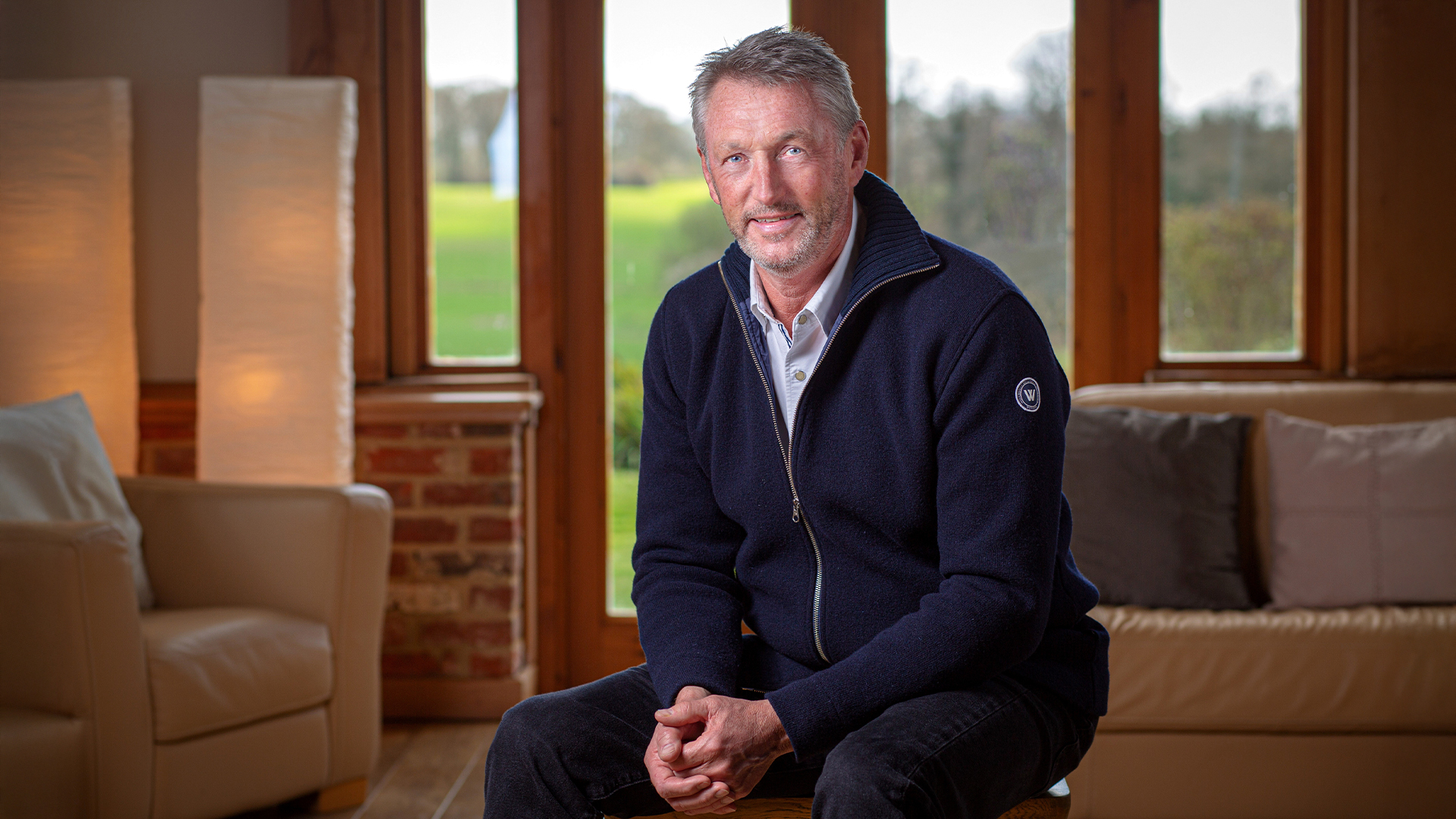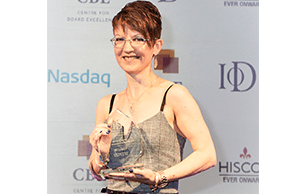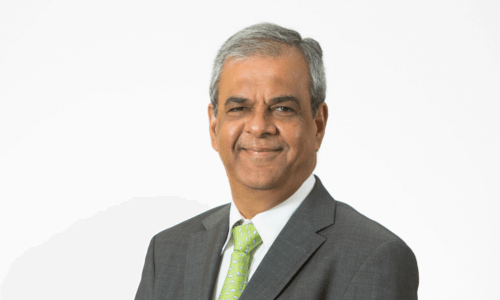How Rowing Across an Ocean Made Me a Better Leader

When, in 2020, I committed to rowing 3,000 miles across the Atlantic Ocean, I didn’t fully grasp how much it would change me. Not just physically or emotionally, but as a leader. Preparing for that journey, and ultimately completing it in a world record time, taught me powerful lessons in vision, planning, team dynamics, and execution.
Many of those lessons are captured in my book Catching Giants, but their impact continues to evolve every day, especially in how I lead teams, manage complexity, and drive results.
In June 2025, I will be a member of a team setting off to row across the Pacific Ocean. I will be using my experience from the Atlantic as we aim for another world record crossing.
Committing to a Vision of Success
Every great endeavour starts with a clear and compelling vision. Deciding to row across the Pacific wasn’t just about physical endurance – it was about doing something extraordinarily difficult and deeply meaningful. That decision wasn’t casual. It required a bold commitment to a vision that others might call impossible.
As a leader, I’ve learned that committing to big, daring goals galvanises people. It provides a rallying point, something to believe in. But that vision must be vivid, specific, and personal. On the forthcoming Pacific crossing, it meant imagining what it would feel like to step onto the shores of Hawaii, exhausted but victorious.
In business, it means painting a picture of what success looks like – in tangible terms the team can own. Financial targets are the score not the game. We must determine what success will look, sound and feel like for us and our clients. Decide what we are aiming to build, and why.
Building a Plan
Once the vision is clear, we must build a plan that can withstand the harshest conditions. We needed logistics, training schedules, nutrition plans, equipment checks, and contingency protocols. Every detail matters because we can’t use alternative resources in the middle of the Pacific.
Big goals demand thoughtful, adaptable planning. The experience from the Atlantic has taught me to anticipate friction points, build in flexibility, and prioritise relentlessly. Today, when I work with teams on complex projects, I bring that same rigour and realism. We can’t control every variable, but we can control how well we prepare.
Connecting the Team to the Plan
A key element is connecting our team to the plan. Everyone on the boat had to understand the “why” and the “how.” We needed shared ownership, not just compliance.
In Catching Giants, I talk about the importance of alignment—not just in strategy, but in spirit. When people understand how their role contributes to the bigger picture, they become invested. They show up differently. In the boat, that meant trusting each other to pull our weight – literally and figuratively. In leadership, it means creating clarity, and ensuring that every person sees how their efforts connect to the outcome.
Creating a Positive Culture
We spent over a month in a cramped, salt-soaked rowing boat, sleeping in shifts and battling waves that could and did capsize us. It would have been easy to descend into conflict or negativity. But we made a conscious choice to build and maintain a positive culture—one rooted in respect, encouragement, and shared purpose.
Culture doesn’t happen by accident. On the ocean, we celebrated small wins. We looked out for each other’s physical and mental health. We stayed connected through humour and honesty. That culture became our fuel. In any team environment, positivity is a force multiplier. As a leader, I’ve become more intentional about shaping culture—establishing norms, celebrating progress, and creating space for vulnerability and resilience.
Delivering on the Plan—No Matter the Environment
Perhaps the most defining lesson from the Atlantic crossing was learning to deliver, regardless of how difficult the environment became. Storms, injuries, equipment failures were not allowed as excuses. We had a destination to reach, and the only way out was through.
That resilience, which I now call “execution courage”, is essential in leadership. Plans will break. Markets will shift. Crises will emerge. But leaders who remain steady, focused, and adaptable can still deliver. The ocean doesn’t care about our excuses. What matters is how we show up, especially when things get hard.
Final Thoughts
Rowing across the Atlantic was one of the hardest things I’ve ever done – but it was also the most transformative. It reinforced that leadership isn’t about commanding from the front; it’s about rowing within the team, committed to the same vision, executing the same plan, and navigating the same storms.
The few who have rowed it say the Pacific will be even more challenging, unpredictable and unforgiving. I will need every lesson I have learned to help our team to achieve our goals.
My lessons are described in Catching Giants, which isn’t just a story about an epic adventure, it’s a blueprint for leadership under pressure. Whether you’re leading a team across an ocean or through a quarterly earnings call, the principles remain the same: define your vision, build your plan, connect your people, cultivate your culture, and deliver relentlessly.
Ultimately, leadership isn’t about how you operate in calm seas. It’s about who you become when you are navigating the storms.
About Kevin Gaskell
Recognised as ‘the man who fixes businesses’ Kevin Gaskell has an impressive track record in building and leading successful companies. As CEO of Porsche, Lamborghini, and BMW, Kevin led hugely successful turnarounds and business growth. Today he remains actively involved in numerous companies worldwide, as both an investor and founder, including the UK’s fastest-growing B2B fibre network provider and Radical Motorsport, the world’s largest race car manufacturer.
Gaskell’s entrepreneurial approach to business has earned him numerous accolades. He was recognised as one of the UK’s Top 40 leaders reflecting his exceptional ability to inspire teams to transform companies and achieve extraordinary results. His focus on developing innovative strategies and building high-performance cultures has been instrumental in driving business growth and success.
Alongside his business successes, Kevin has climbed the world’s highest mountains, walked to the North and South Poles, and in 2020, was a member of the crew setting a new world record for the fastest row across the Atlantic Ocean. He has played international cricket but now relaxes by playing in a rock band. His most recent book, Catching Giants, was shortlisted for Business Book of the Year 2023.






